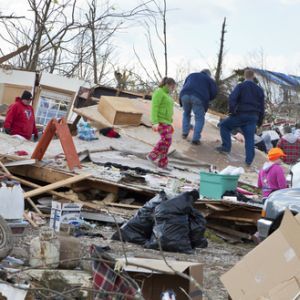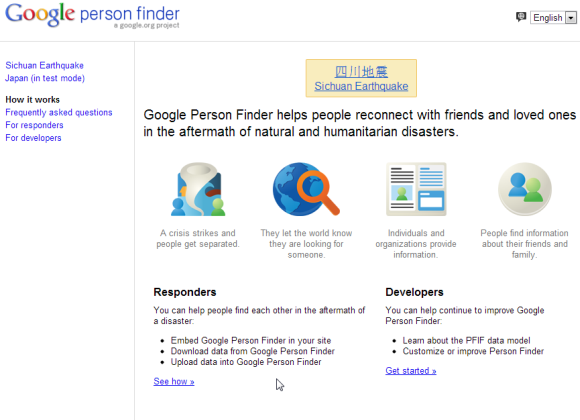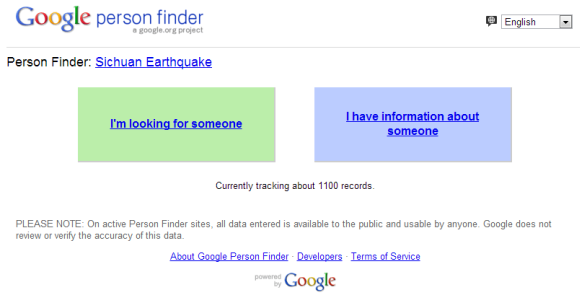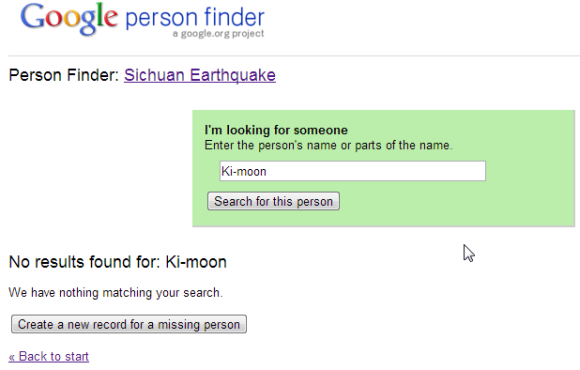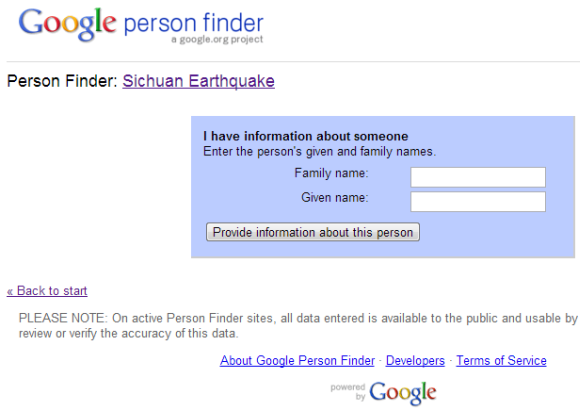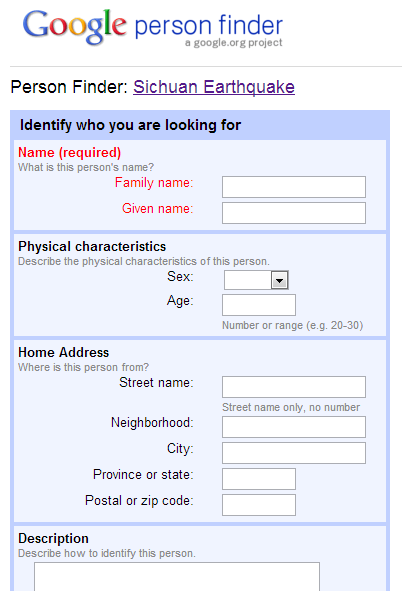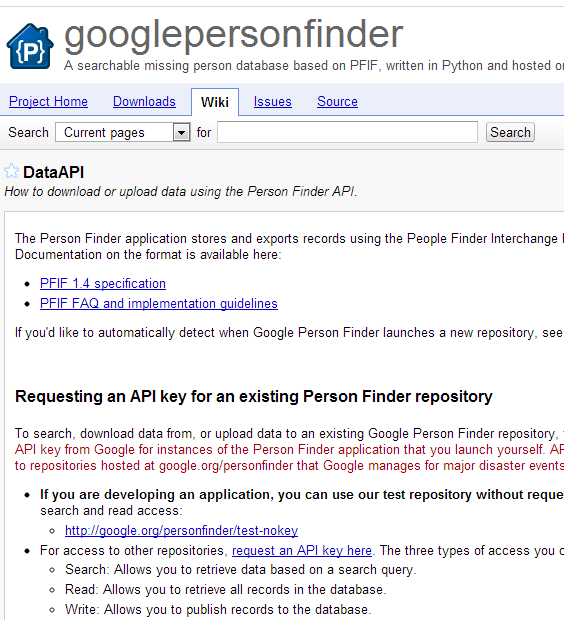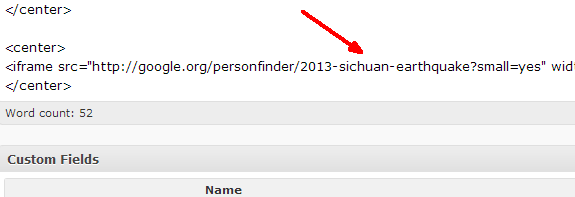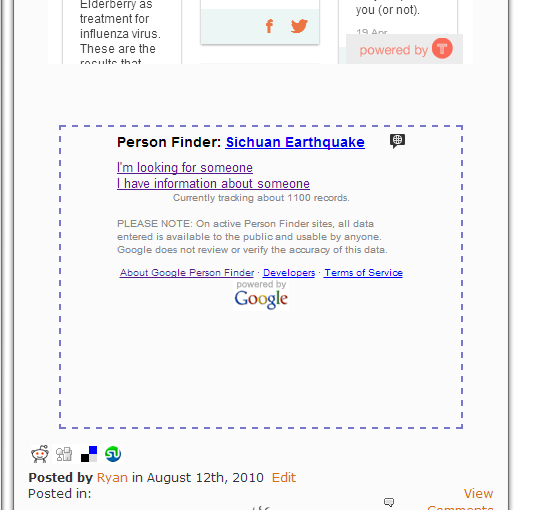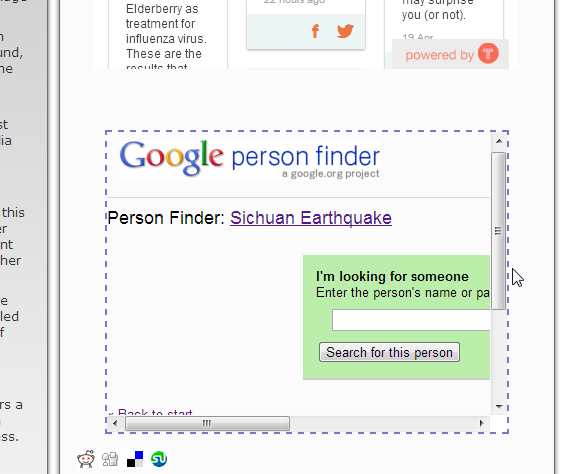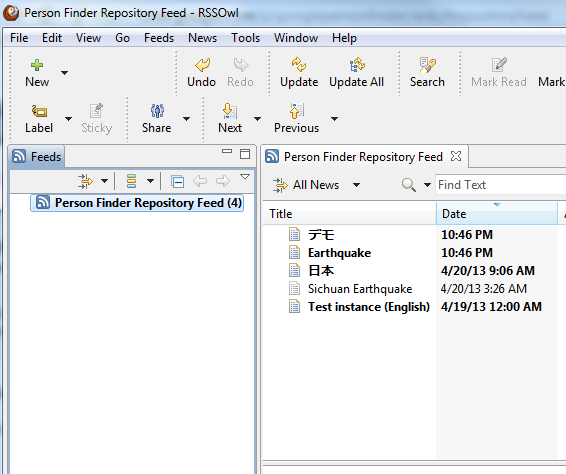Living barely an hour and a half from Boston, it was a bit surreal to watch the aftermath of the recent Boston Marathon bombings. I know there are lots of readers from different countries that frequent MUO, and many of those countries are somewhat violent - where bombings are not a rarity. However - in Boston, bombings are very much a rarity. And when things are rare, they are unexpected, and people are unprepared for the aftermath.
What aftermath? Well, regardless of the fatality numbers, any major crisis that shuts down communication systems or travel ends up breaking off a fairly large population of people from the outside world. This isn't just the case when there's some kind of violent attack, but it even more commonly occurs following things like earthquakes, hurricanes and other natural disasters. When social infrastructure fails, family and friends out side of the danger zone really start to get nervous when they can't get in touch with their loved ones. Add on top of that the fact that the news media starts immediately reporting the increase in body count, and you've got a situation of all-out panic.
The good folks at Google saw this communication void back in 2011, following the major Turkey earthquake, after noticing that the one communication medium that appeared to remain in place during events like a bombing is the Internet. Google Person Finder is offered as a free service for the general public, as well as emergency responders, to use following a catastrophe.
Using Google Person Finder
No, this isn't a way to search for information about people on the Internet. It's a way to search for people in real life. It's actually a smart system that someone really should have thought up years ago.
The way it works is relatively simple, and there are some additional features that you can embed on your own website, which I'll get to later in this article. When you first go to the Google Person Finder page, you'll see a list of current active events for which the Person Finder is currently active. When I went in, there was already an alert box at the top of the site for the Sichuan Earthquake event.
Inside of an event page, you'll find two large link boxes. You'll also see the current database size underneath those links. The Sichuan Earthquake event had already accumulated over 1000 missing persons records by the time I got to the page.
The goal here is basically to connect first responders, or locals that may have information about people that are missing, to the remote family members that are scared and worried about their loved one. Family and friends can visit Google Person Finder, click on "I'm looking for someone", and then type the name of the person they're looking for.
If someone has entered information about that person in the Google Person Finder, then you'll see the details about what they typed in. This could be a first responder that used the Google system to report that "xx was hurt but not seriously injured in the Earthquake. Treated and brought to xxxx hospital." Or local friends could have reported that the person was hurt, but that they're alive and well.
That's exactly what the "I have information about someone" link is all about.
Either first responders or locals can use the form to provide as much detail as possible about the person that they know can not contact their own family members on their own.
In fact, if you ever find yourself in an area - anywhere in the world - where such an catastrophic event takes place. If you're one of the lucky survivors and uninjured, working on providing this kind of service for anyone that's injured can do a great deal of good. Just having that little bit of information can mean the world to family members far away who are worried sick about their loved ones that are directly in the path of the destruction.
Advanced Google Person Finder Features
Now, if the service was that simple, it would be pretty drab. Useful, mind you, but kinda boring. Well, we're talking about Google here, the land of APIs, code developers and app integration. Of course there's more to Google Person Finder than that.
First, if you click on the "Developers" link at the bottom of the site, you'll be able to access the GooglePersonFinder developer section, with a Wiki tab that includes information about the DataAPI that you can request a key for, and then start using to either pull data out of the Person Finder database, or insert data into the database with your own applications.
Doing that is a bit outside the scope of this article (although it might be a topic for another article), but suffice to say you can do some pretty cool stuff with this. Create your own web app right on your site to allow your readers to interact with Google People Finder right from your website. Create an Android app that people can use to access the database while mobile - which of course would be a pretty nice feature for people in the crisis area and may not have access to a computer, but do have their smartphone (if the cellular lines are still up).
Actually, my favorite feature - because of its simplicity - is the fact that you can actually embed the Person Finder iframe code right into your site. If you're focused on a specific event, you can insert that event name right into the embed code.
This provides visitors to your site with an embedded box where they can interact with Google Person Finder right on your page, without leaving your website.
When they click on either link, it'll provide the form within the iframe. Just make sure to size the box correctly so it doesn't cut off any part of the forms!
Finally, there's also an individual repository feed for each event, or the global feed to get updates about all events. The global one is the one that I personally prefer for RSS, because it alerts you whenever there is a crisis anywhere in the world that warrants the use of the Google Person Finder system. That global feed is "https://www.google.org/personfinder/global/feeds/repo".
The service was activated during the recent Boston Marathon bombings, and it certainly proved itself to be valuable during that event. Cellphone service was disabled, so a service like this was critical. Although, according to the NY Daily news, at least 100 people were able to load up their own information via cell phone immediately following the blasts.
There's a lot to be said for simple services that keep family and friends connected, and offer the peace of mind in knowing that someone you care a whole lot about is still alive. That can mean the difference between a sleepless night, or knowing and removing all worry. Hopefully, this will be one Google service that doesn't disappear on us. Of course, these days, you can't really depend on that, can you?
Are you familiar with Google Person Finder? Have you ever used it, or know anyone who had to? Share your thoughts and experiences in the comments section below.
Image Credits: Alexey Stiop / Shutterstock.com

